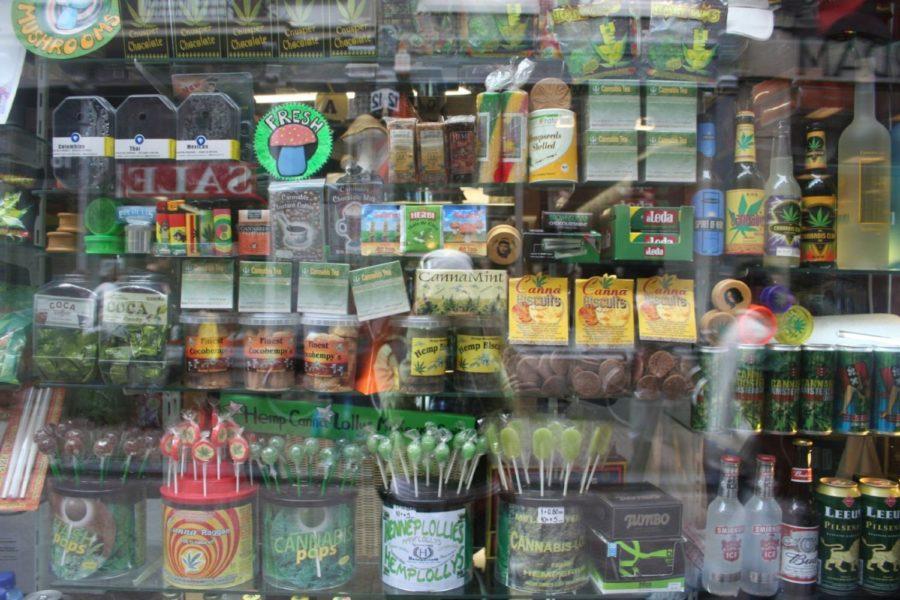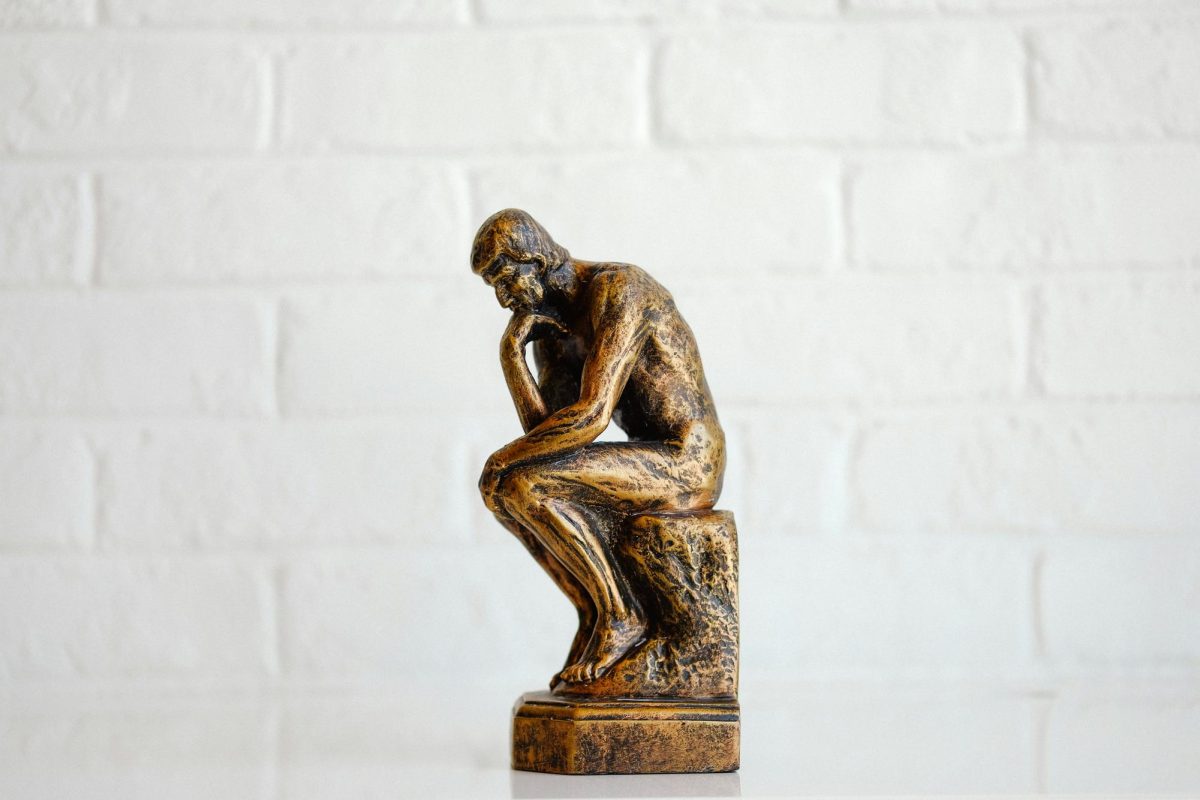Snyder: Reform marijuana laws
Obviously, a perfectly healthy individual will not be positively impacted mentally or otherwise by marijuana use and may be better off not using the drug, but if citizens are allowed to make their own decisions regarding alcohol and tobacco use, then the argument for keeping marijuana illegal does not have a leg to stand on.
September 25, 2014
Reform to state marijuana laws has become a prevalent topic of discussion in Iowa after the website www.nerdwalletfinance.com released a state by state report which estimated the potential revenue gains to be made through marijuana legalization.
While Iowa was relatively low on the list, our state would stand to gain $24 million per year in tax revenue, while the national gain is in excess of $3 billion dollars. Additionally, the manufacturing of hemp products was not factored and would only further increase the amount of money to be made.
The national opinion on marijuana legalization has shifted dramatically over the last four years as several states have already legalized the recreational use of the drug and even more states are slated to vote on their own laws this year.
Iowa is not one of those upcoming states. In fact, Iowa laws regarding marijuana are still dangerously ignorant. For punishment purposes, drugs in Iowa are classified in various “schedules”. Schedule I drugs are considered “the most dangerous and highly addictive.” Drugs on this list include LSD, heroin, mescaline, and (you guessed it) marijuana.
I don’t know about you, but I haven’t heard any news about doctors prescribing heroin or LSD to their patients. Marijuana is not an entirely healthy substance to the user. That is not the argument I am trying to make, but it is certainly not the monster that anti-drug groups and “after-school specials” have made it out to be.
The money to be made by legalizing marijuana in Iowa, or any state, would be accompanied by a sharp decrease in money spent on possession arrests and any subsequent imprisonment as, nationally, over $1 billion dollars was spent last year on marijuana related imprisonments.
The United States already has the highest imprisonment rates in the world; perhaps scaling back arrests for a semi-legal substance could cut down those figures. More to the point, marijuana arrests label recreational users as convicts who, upon release, have fewer employment, housing, and social opportunities.
Those post-release consequences might be appropriate for convicted murderers and rapists, but not for the marijuana users or even the small time dealers. The substance is legal or decriminalized in many states, but in Iowa, the laws destroy lives.
Marijuana may actually be more dangerous to society as an illegal substance than a legal one. Think about it: many gangs generate a profit for their groups by selling illegal drugs, such as marijuana. Those profits are then used to strengthen the gang through illegal purchase of guns which are used for more criminal activity.
If marijuana is legal, then the only group profiting from the sales is the government through tax revenue. The purchasing process also becomes much safer. To my knowledge, there have been no deaths at the dispensaries due to “drug deals gone wrong.”
The reform of marijuana laws in Iowa could also cut down on seemingly questionable police tactics like profiling. African Americans in Iowa are eight times as likely to be arrested for marijuana possession than white Iowans. Legalization or decriminalization would diminish this inexplicable racial disparity.
Arguments typically made against the legalization or decriminalization include fears that increased access to the drug will result in higher usage rates for minors. Admittedly, this concern is a logical one. However, the usage rates for that age group are not exactly low, even with the current illegality of the drug.
On the other hand, if marijuana is being considered less and less harmful, there are probably far worse things that teenagers could be doing. Drinking, for example, or smoking cigarettes. Both of which are legal, and easily accessible for under aged individuals. Both alcohol and tobacco also have addictive qualities that dwarf any such characteristics in marijuana.
Furthermore, the effects of marijuana can be considered far less detrimental than the effects of alcohol and tobacco. Marijuana impacts the mind for a short period of time and there are relatively few long term effects even when used excessively, unlike alcoholism which can lead to organ failure.
Arguments are also made against smoking marijuana because of the harm inhaling the smoke can do to the lungs. Again, a valid and correct statement, but marijuana can be consumed in other forms, and if lung damage is a concern of lawmakers, cigarettes would never even make it to the shelves.
The hypocrisy of the law is powerfully evidenced in the fact that cigarettes cause cancer and marijuana is sometimes prescribed as an aspect of treatment plans for cancer patients.
Obviously, a perfectly healthy individual will not be positively impacted mentally or otherwise by marijuana use and may be better off not using the drug, but if citizens are allowed to make their own decisions regarding alcohol and tobacco use, then the argument for keeping marijuana illegal does not have a leg to stand on.







